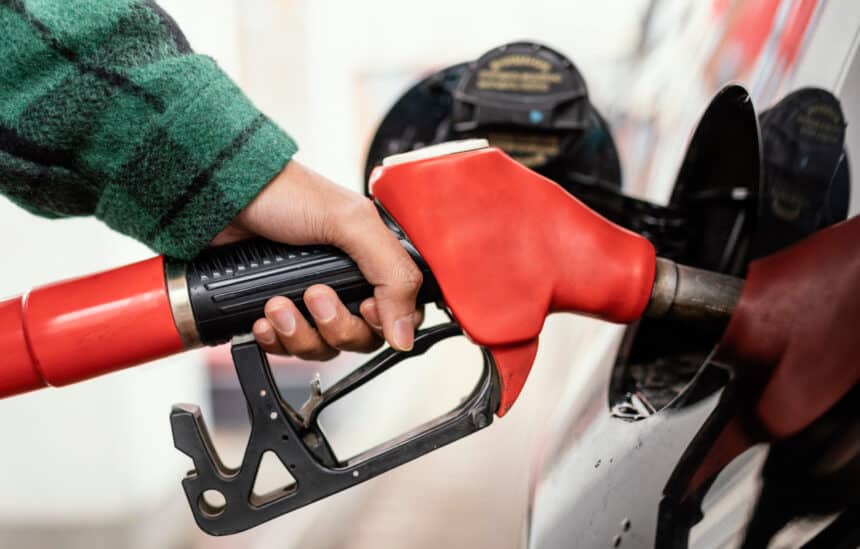As gas prices continue to rise, the issue of higher fuel consumption becomes more pressing for car owners. Greater fuel usage in a car can be attributed to a variety of factors, from driving habits to vehicle maintenance. In this article, we will explore the reasons behind raised fuel consumption in a car and provide tips on how to address it.
There are several common issues why gas guzzling
- Age and Wear: As a car gets older, its engine components may wear out or become less efficient, leading to increased fuel consumption.
- Reduced Engine Efficiency: Over time, engines can lose some of their efficiency due to factors such as carbon buildup, worn-out piston rings, or a dirty fuel system, resulting in higher fuel consumption.
- Lack of Regular Maintenance: Inadequate maintenance, such as not changing the oil, dirty air filters, or worn-out spark plugs, can negatively affect fuel efficiency and lead to increased fuel consumption.
- Tire Wear: Worn-out or improperly inflated tires create more rolling resistance, requiring the engine to work harder and consume more fuel.
- Altered Driving Patterns: Changes in driving habits, such as driving at higher speeds, more frequent stop-and-go traffic, or using the car for different purposes (e.g., towing), can contribute to higher fuel consumption.
- Additional Weight: Adding accessories or modifications to the car, carrying unnecessary items, or using roof racks can increase the weight and aerodynamic drag, resulting in higher fuel consumption.
- Fuel Quality: The quality of fuel being used can impact fuel consumption. Lower-quality or contaminated fuel may have lower energy content, leading to reduced fuel efficiency.
- Environmental Factors: Changes in environmental conditions, such as increased traffic congestion, changes in weather patterns, or driving in hilly terrain, can influence fuel consumption.
- Modifications or Repairs: Aftermarket modifications or repairs that are not properly tuned or calibrated for fuel efficiency may negatively affect fuel consumption.
- Driving Style: Changes in driving style, such as more aggressive acceleration, frequent braking, or driving at higher RPMs, can contribute to increased fuel consumption.
“It’s important to address these factors and consider regular maintenance, proper driving habits, and addressing any mechanical issues to help improve fuel efficiency and reduce fuel consumption.”
Mochammad Butan
One of the main reasons for increased fuel consumption is inefficient driving habits. Aggressive acceleration and braking, excessive idling, and speeding all contribute to higher fuel usage. Similarly, driving on rough terrain or in heavy traffic can also increase fuel consumption. By adopting eco-friendly driving habits such as maintaining a steady speed, avoiding sudden stops and starts, and turning off the engine when idling, drivers can significantly reduce fuel consumption
Another factor that impacts fuel consumption is the condition of the vehicle. Poorly maintained cars require more fuel to operate, as mechanical issues such as clogged air filters, worn spark plugs, or low tire pressure can decrease fuel efficiency. Regular tune-ups and maintenance checks can help to identify and fix these issues, reducing fuel consumption and improving vehicle performance.
The type of fuel used can also affect fuel consumption. Using a lower-grade gasoline than what the manufacturer recommends can lead to decreased fuel efficiency. Additionally, some vehicles are designed to run on premium fuel, and using a lower-grade fuel can cause the engine to work harder and increase fuel usage. Therefore, it is important to use the recommended fuel type and grade for your vehicle.
In conclusion, higher fuel consumption in a car can be caused by a variety of factors, from inefficient driving habits to vehicle maintenance issues. By adopting eco-friendly driving practices, keeping the car well-maintained, and using the recommended fuel type and grade, drivers can reduce their fuel consumption and save money. Ultimately, understanding the factors that contribute to higher fuel consumption is key to addressing the issue and achieving optimal vehicle performance.







